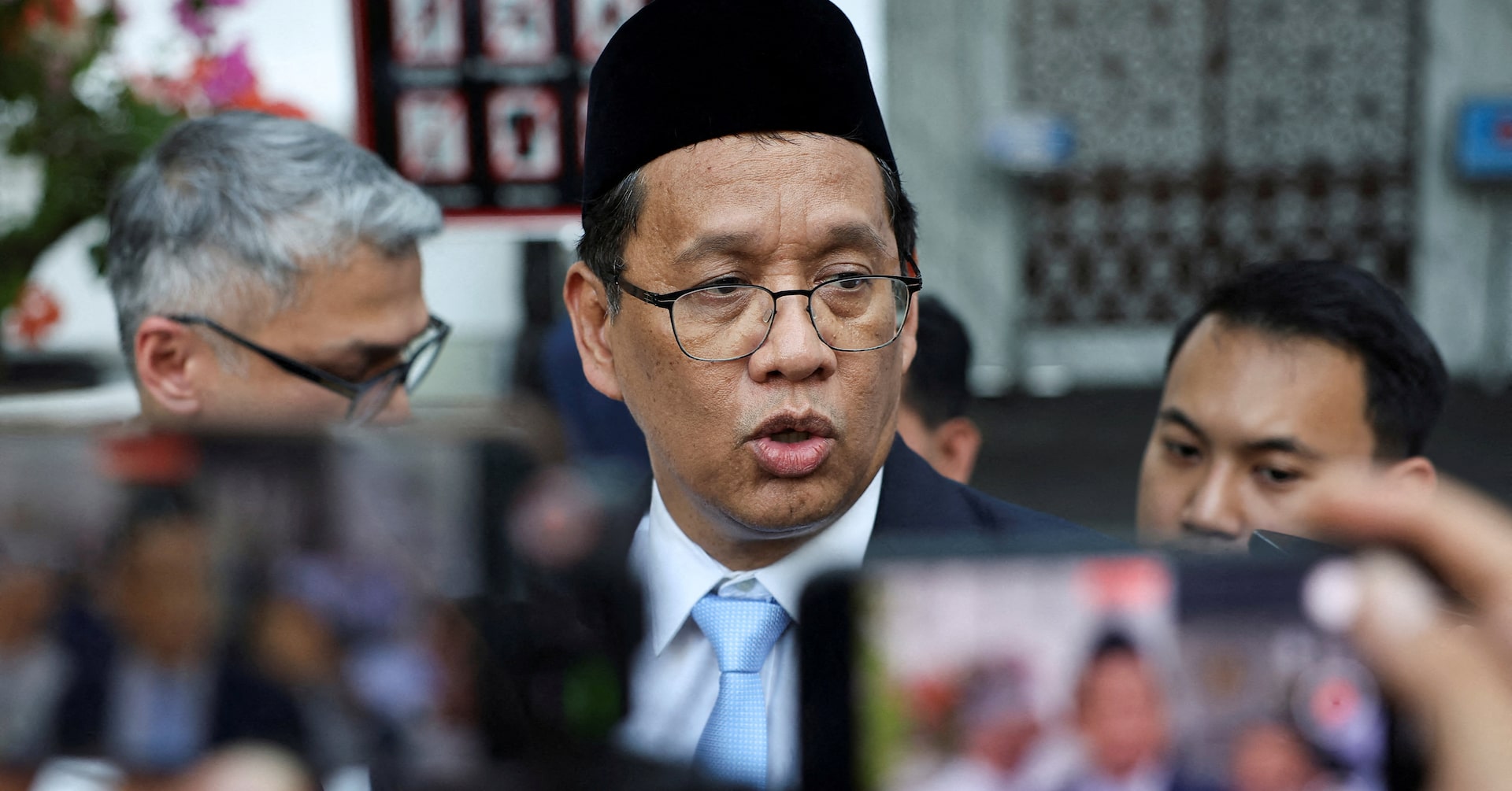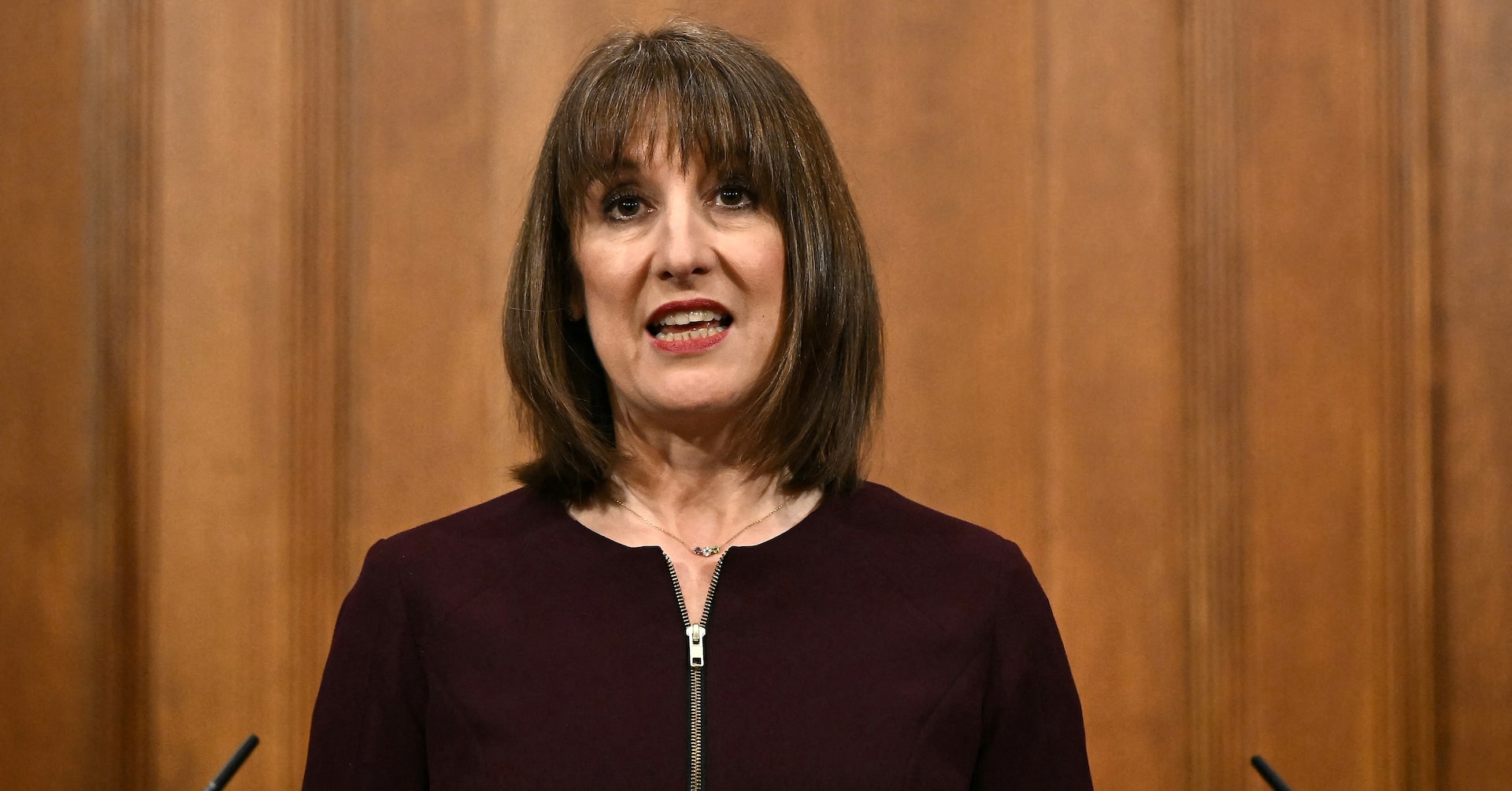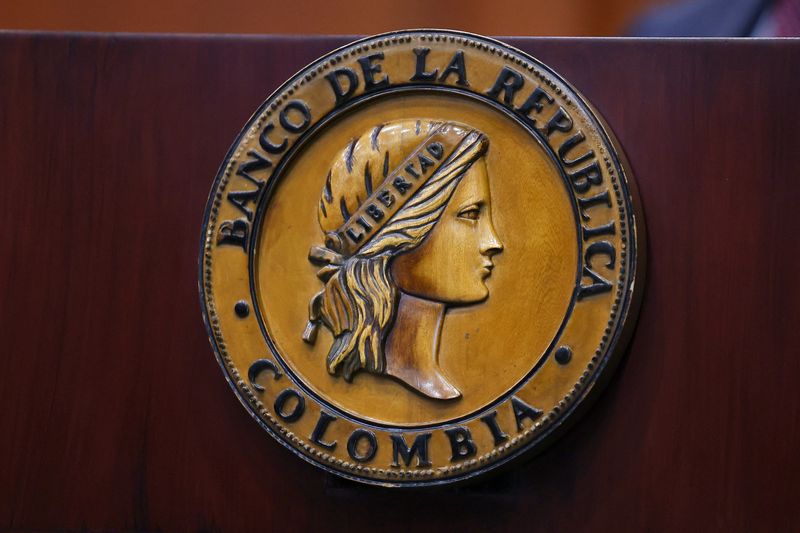Fiscal Shuffle: Indonesia Signals Budget Overhaul After Leadership Transition

Indonesia is considering a significant overhaul of its massive $236 billion budget proposal for 2026, following a recent leadership shake-up in the country's financial leadership. The new finance minister hinted at potential revisions late Wednesday, just days after the unexpected removal of Sri Mulyani Indrawati, a highly respected economist who had long been a key figure in the nation's economic planning.
The potential budget adjustments come at a critical moment for Indonesia's economic strategy, signaling a possible shift in fiscal approach under new leadership. While specific details of the proposed changes remain unclear, the announcement suggests that the incoming administration is prepared to take a fresh look at the country's financial framework.
Sri Mulyani Indrawati's departure marks a notable transition, as she was widely regarded as a stabilizing force in Indonesia's economic management. Her removal has sparked considerable speculation about the potential direction of the country's economic policies in the coming years.
As the new finance minister begins to outline potential budget modifications, economists and market observers are closely watching for signals about Indonesia's future fiscal priorities and economic vision.








